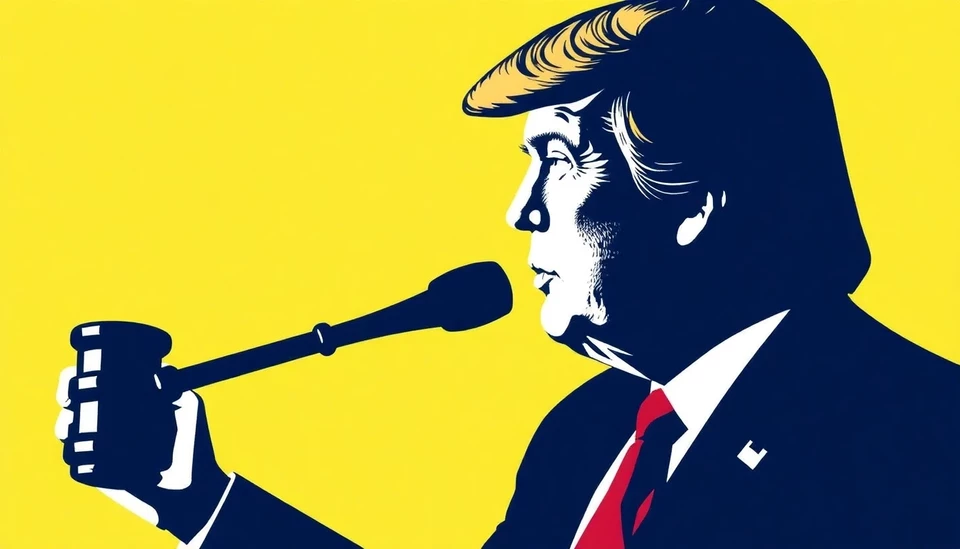
In a dramatic turn of events surrounding the litigation stemming from former President Donald Trump's policies, several firms have stepped up to contest orders that they claim unjustly impacted their operations. The companies are seeking legal clarity and relief, challenging the executive directives from the previous administration that they argue were not only economically damaging but potentially unconstitutional.
The legal battles arise from a series of contentious executive orders issued during Trump's tenure, which sought to reshape different sectors of the economy, including technology and energy. As a result, many corporations found themselves entangled in a complex web of compliance and regulatory scrutiny. With the Biden administration now at the helm, firms believe they have the opportunity to reassess and contest the previous mandates that they feel were imposed without adequate justification.
Company representatives have expressed frustration at the ongoing ramifications of such orders that they view as overreaching. Notably, the firms are filing lawsuits not just to combat the immediate effects but to also set legal precedents that may influence future executive actions. These efforts highlight the tension in the balance of power between governmental authority and the rights of businesses.
Legal experts agree that the outcome of these lawsuits could play a significant role in defining the limits of executive power, especially in the context of corporate governance. The decisions may also reverberate through various economic sectors, potentially altering how business operates within the political landscape.
In addition to challenging the executive orders, the firms aim to reinstate procedures and policies that they argue were unfairly scrapped or modified. The outcome of these cases could set the stage for a larger debate on the relationship between corporations and the federal government, influencing public policy and corporate governance for years to come.
Corporate resilience is on display as these firms prepare not only to fight for their rights but also to advocate for a systematic overhaul of the regulatory measures imposed by the previous administration. Many believe that a favorable ruling could signal a shift towards a more equitable regulatory environment that fosters innovation and economic stability in the face of ever-evolving market challenges.
As this story unfolds, both the legal community and business sectors are watching closely. The implications of these lawsuits could not only reshape the corporate landscape but may also influence the way future administrations approach executive orders and regulatory actions.
In summary, what began as contentious executive orders during Trump's presidency has evolved into a significant legal dispute that could redefine the interaction between corporate America and federal authority, and the corporate landscape as a whole.
As these cases progress, it remains to be seen how they will be resolved and what that means for the various stakeholders involved.
#Trump #CorporateLaw #ExecutiveOrders #LegalBattle #BusinessRights #EconomicPolicy #CorporateGovernance #Litigation
Author: John Harris




